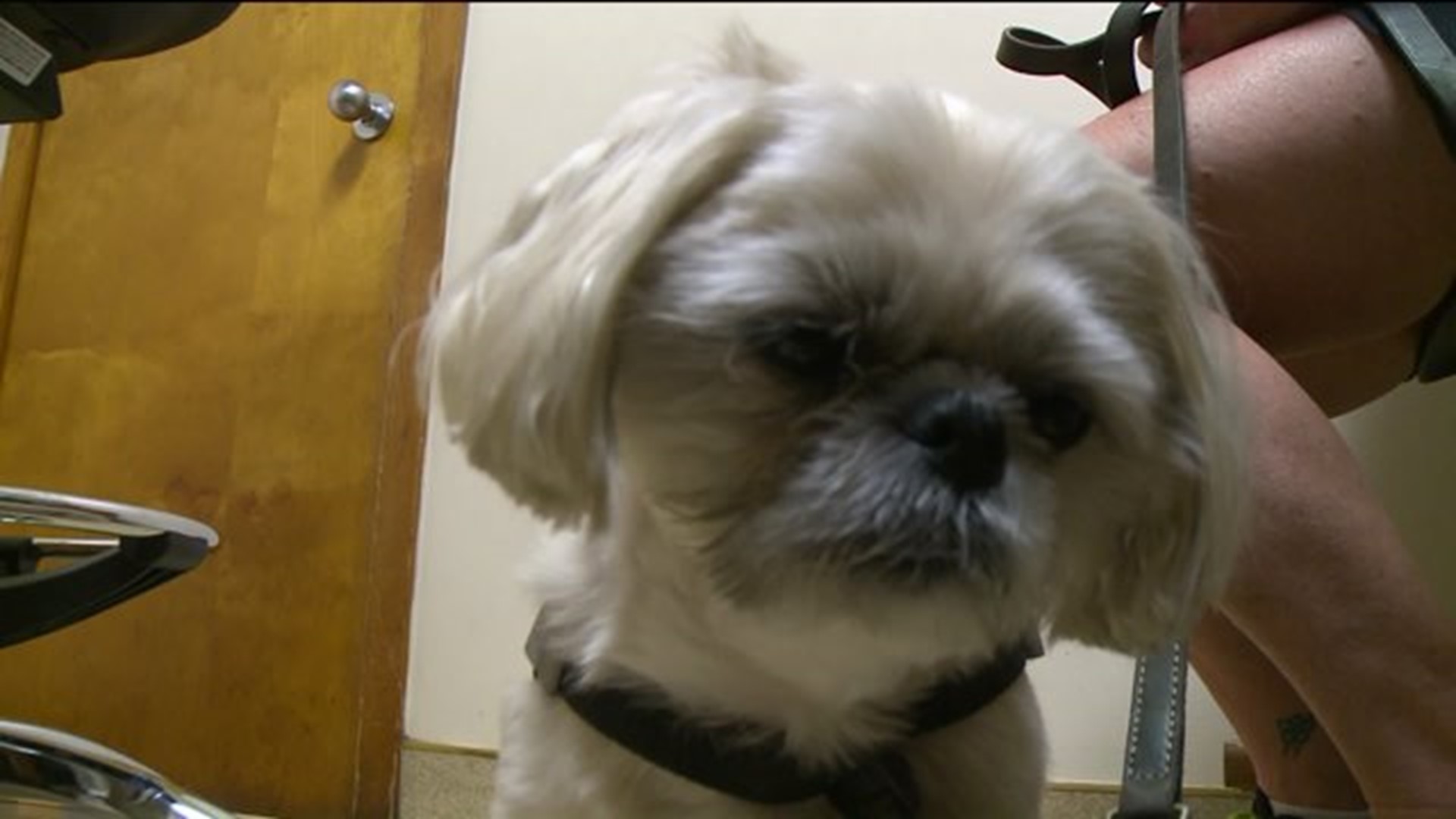BRIDGEPORT – The highly contagious and deadly parvovirus has temporarily closed the Bridgeport Animal Control Shelter after three of the 53 dogs in the shelter’s care were discovered to be infected.
“We are taking every possible measure to ensure that the animal control center is clean,” said Brett Broesder, city spokesperson. “We're triple cleaning everything, triple checking every single dog that's in there.”
Every animal, including cats, will remain quarantined and there will be no pet adoptions until the center reopens August 20.
“It's from dogs with diarrhea passing it from dog to dog,” said Dr. Thomas Milos, of the Shakespeare Veterinary Hospital in Stratford, who says parvovirus is more prominent in the summertime.
That is especially true in large cities, where people find it harder to pay for necessary vaccines, which Milos says typically run in the neighborhood of $25-$30. He says people can find the shots at large pet stores.
The natural question is why, when animals are brought to a shelter, are they not immediately vaccinated to prevent an outbreak like this?
Broesder says the state Department of Agriculture, which oversees animal control in all cities, enforces a state statute that makes it mandatory to wait seven to eight days before treating dogs when they arrive at a shelter.
However, a spokesman for the Connecticut Department of Agriculture says, “There is no law prohibiting vaccinations before the town takes ownership of an animal, but it is a question of liability if they do so. The pound likely will not have the animal’s vaccination record and so (they) can’t be sure if giving it a particular vaccine would be safe.”
“We don't let the animals in the hospital when they’re vomiting and have diarrhea and have no vaccine history,” said Milos, who has been a veterinarian since 1970.
According to the ASCPCA website for professionals who car for animals, “breeds at higher risk for parvovirus are Rottweilers, Doberman pinschers, Labrador retrievers, American Staffordshire terriers and German shepherds. “
“My dog almost died from it and she was vaccinated for it,” said Milos. “It's just that she's a breed that it takes more vaccinations to protect.”
After an infected coyote, fox, wolf or dog goes to the bathroom, Milos says the parvovirus can survive for up to six months on the ground, even through the winter.

